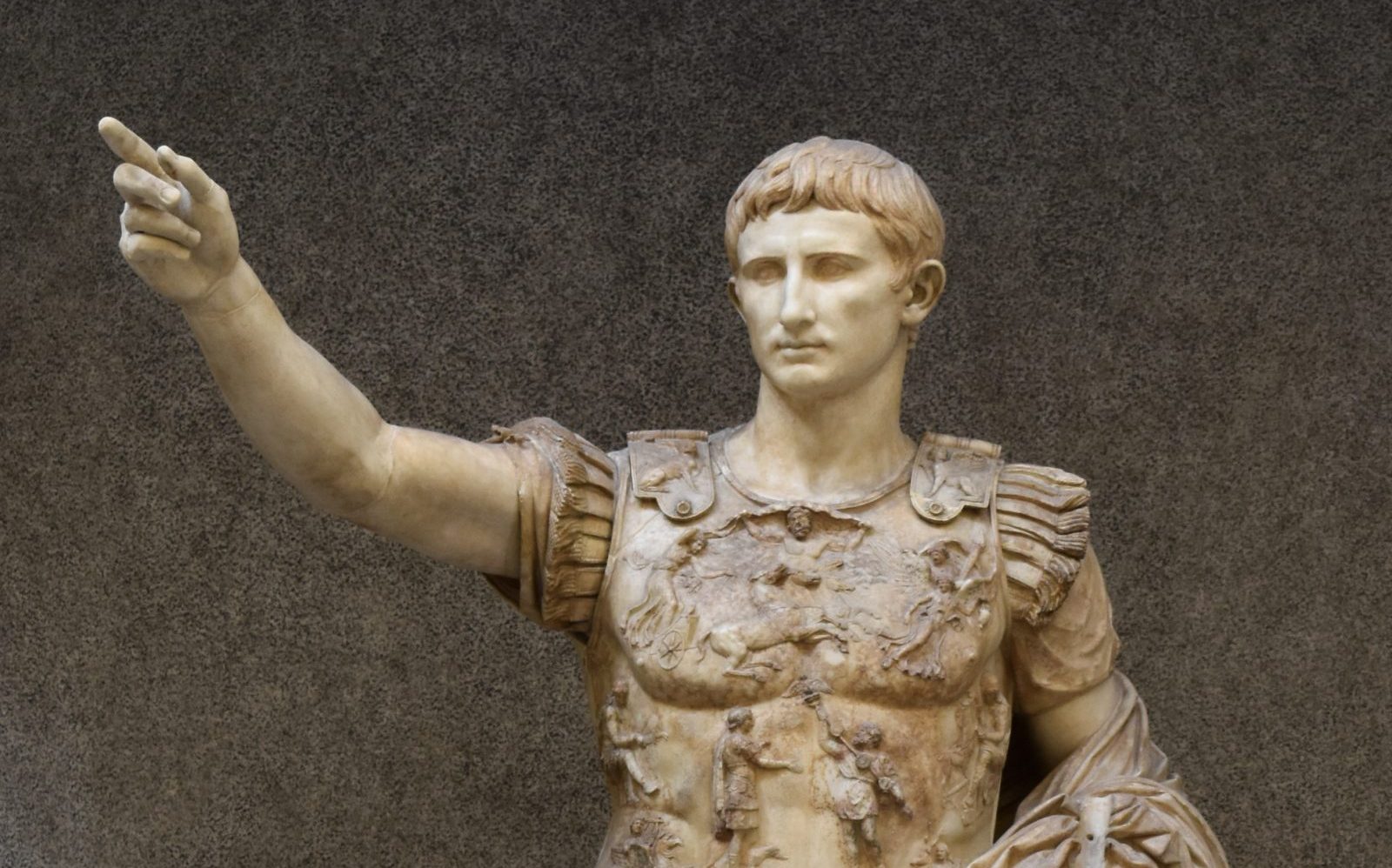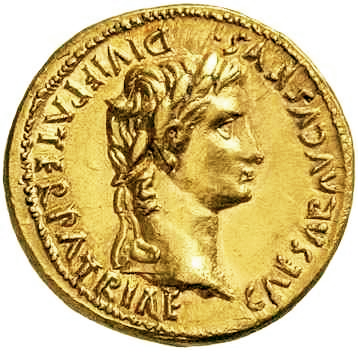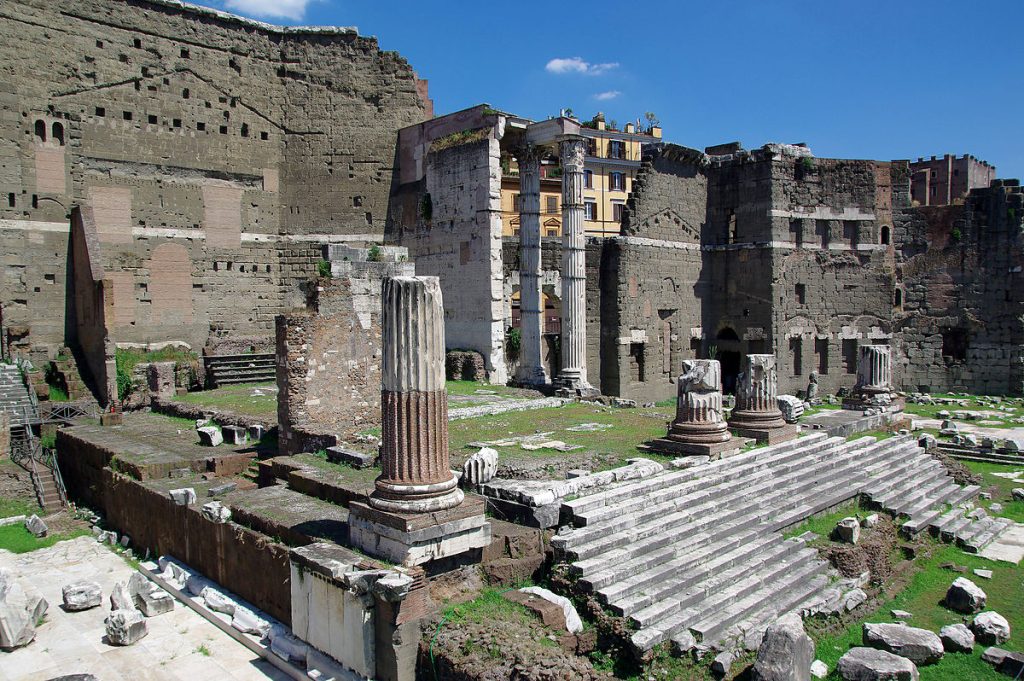
Augustus of Prima Porta. Photo by Joel Bellviure, CC BY-SA 4.0
“That Rome, which I found built of mud, I shall leave you firm as a rock.”
Octavian Augustus
Octavian Augustus stands out among ancient leaders, offering enduring lessons for leaders across generations. His reign, from 27 BCE to 14 CE, marked a pivotal transition from the Roman Republic to the Roman Empire. One of Augustus’s greatest leadership qualities was his ability to adapt to change. He navigated the transition from republic to empire with finesse, recognizing the need for new institutions and modes of governance to sustain Rome’s vast territories. His willingness to embrace change while upholding the core values of Roman society ensured the continued relevance and longevity of the empire. Augustus was also keenly aware of the importance of shaping his legacy. He undertook various initiatives to immortalize his achievements, including the construction of monumental structures like the Ara Pacis and the Mausoleum of Augustus. Through his patronage of literature and the arts, he ensured that his legacy would be enshrined in the cultural memory of Rome for centuries to come. His leadership style continues to inspire and motivate, providing a clear vision of greatness.

A Leader Needs To Be Ready To Adapt
Augustus demonstrated exceptional strategic vision and adaptability throughout his reign. He understood the need to navigate the complex political landscape of Rome and adapt his tactics accordingly. His ability to blend military prowess with political astuteness allowed him to consolidate power gradually, avoiding direct conflict whenever possible. This strategic approach ensured stability and paved the way for Rome’s transformation into an empire.
Key Alliances Strengthen Authority
Augustus recognized the importance of alliances in achieving his objectives. He skillfully forged alliances with influential figures like Mark Antony and Marcus Agrippa, leveraging their support to solidify his position. By cultivating relationships with key individuals and factions, he established a network of support that bolstered his authority and helped him navigate the turbulent waters of Roman politics.
Inclusivity Ensures Widespread Support
Augustus understood the significance of inclusivity in governance. Despite holding absolute power, he maintained a facade of republican values and sought to involve the Senate and other political institutions in decision-making. By incorporating representatives from various social classes into his administration, he fostered a sense of unity and stability within the empire, ensuring widespread support for his rule.
Development is Important for Sustainability
Augustus recognized the importance of institutional reform and infrastructure development in sustaining the empire. He implemented numerous reforms aimed at improving governance, such as overhauling the tax system and restructuring the military. Additionally, he initiated ambitious infrastructure projects, including the construction of roads, aqueducts, and public buildings, which facilitated communication and trade throughout the empire.
Importance of Image
Augustus understood the power of symbolism and propaganda in shaping public perception. He carefully crafted his public image, presenting himself as a benevolent ruler and the restorer of peace and stability after years of civil war. Through art, architecture, and literature, he promoted the idea of the “Augustan Age,” glorifying his reign as a golden era of prosperity and cultural achievement.

Stability Needs to be Long-Term
Augustus exhibited foresight in planning for the long-term stability of the empire, including the issue of succession. Recognizing the potential for instability after his death, he groomed his adopted son, Tiberius, as his successor and ensured a smooth transition of power. This strategic move helped preserve the stability and continuity of the empire beyond his reign.
Changing Circumstances Require Adaptability
Augustus demonstrated pragmatism and flexibility in his approach to governance. While he upheld traditional Roman values and institutions, he was not bound by dogma and was willing to adapt to changing circumstances. His pragmatic policies, such as the integration of conquered territories into the empire and the incorporation of foreign cults into Roman religion, contributed to the empire’s expansion and cultural diversity.
Integrity Earns the Respect
Despite wielding absolute power, Augustus maintained a reputation for personal integrity and moral leadership. He espoused conservative moral values and promoted traditional Roman virtues such as piety, discipline, and loyalty. His commitment to moral rectitude endeared him to the Roman people and earned him their respect and admiration.
In conclusion, Octavian Augustus’ leadership provides a classic and timeless blueprint for effective governance and statesmanship. His strategic vision, inclusive leadership style, and commitment to long-term stability laid the foundations for the Roman Empire’s enduring legacy. In today’s world, his principles offer valuable insights into the art of leadership and aid in developing a personal leadership model.
My history professor rated Octavian as one of the true greats of history for recognizing that a government designed for a city was inadequate for an empire.